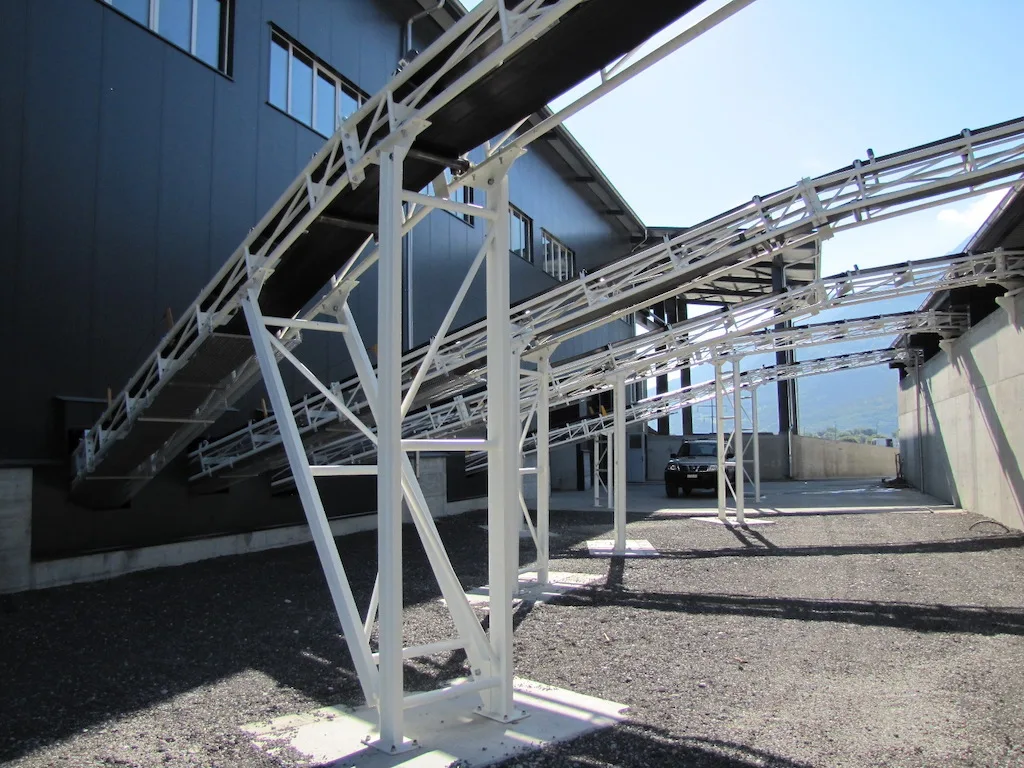Soil Washing Plants
of contaminated earthy materials (soil-washing)
In Italy, in 2001, we designed and built for the company PBR – Piattaforma Bresciana Recuperi (now Brixiambiente) the first process plant called ‘Soil-Washing’ for the treatment (washing) of reclaimed soils from contaminated sites and more generally of all polluted soil materials.
Since then, Decca Impianti has specialised in this sector, for which it has extensive experience enabling it to offer its customers, both Italian and foreign, customised solutions that are always in step with the times.
Soil-Washing technology is used whenever it is necessary to reduce the cost of disposing of contaminated soil materials, with the primary objective of easing the impact on the ecosystem by limiting the need for new quarries and landfills. In addition, it enables the recovery of valuable fractions such as gravel, sand, compost, metals and other resources, reintroducing them into the market from a circular economy perspective and turning them into a sustainable source of income.
The innovative technology of these plants, which is well documented and tried and tested, allows for excellent economical operation.
The quality of the products obtained at the end of the process, the very low environmental impact and the compliance with safety standards of the plants we build are essential references to meet the favourable opinion of the authorities in charge of operating concessions.
The processing cycle is optimised for the treatment of:
- soil-gravel materials from contaminated soil remediation
- street litter (collected by municipal sweepers)
- residues from drains and drainage grates slags from MSW incinerators
Soil Washing Plant
flow scheme

At the end of the washing and sorting process, the following fully recyclable products are obtained:
- 70-80% sand and gravel for construction use
- 5-10% organic fractions that can be composted
The basic plant consists of machines that carry out a vigorous and thorough washing with water and machines for particle size and gravimetric selection.
Water recycling treatment with sludge and pollutant extraction is carried out by a chemical-physical plant specifically designed on the basis of the pollutants present in the material, which may be:
benzene, toluene, xylene, ethylbenzene, chlorinated hydrocarbons, polycyclic aromatic hydrocarbons, mineral oils, phenols, polychlorinated biphenyls, dioxins, cyanides and heavy metals.
































